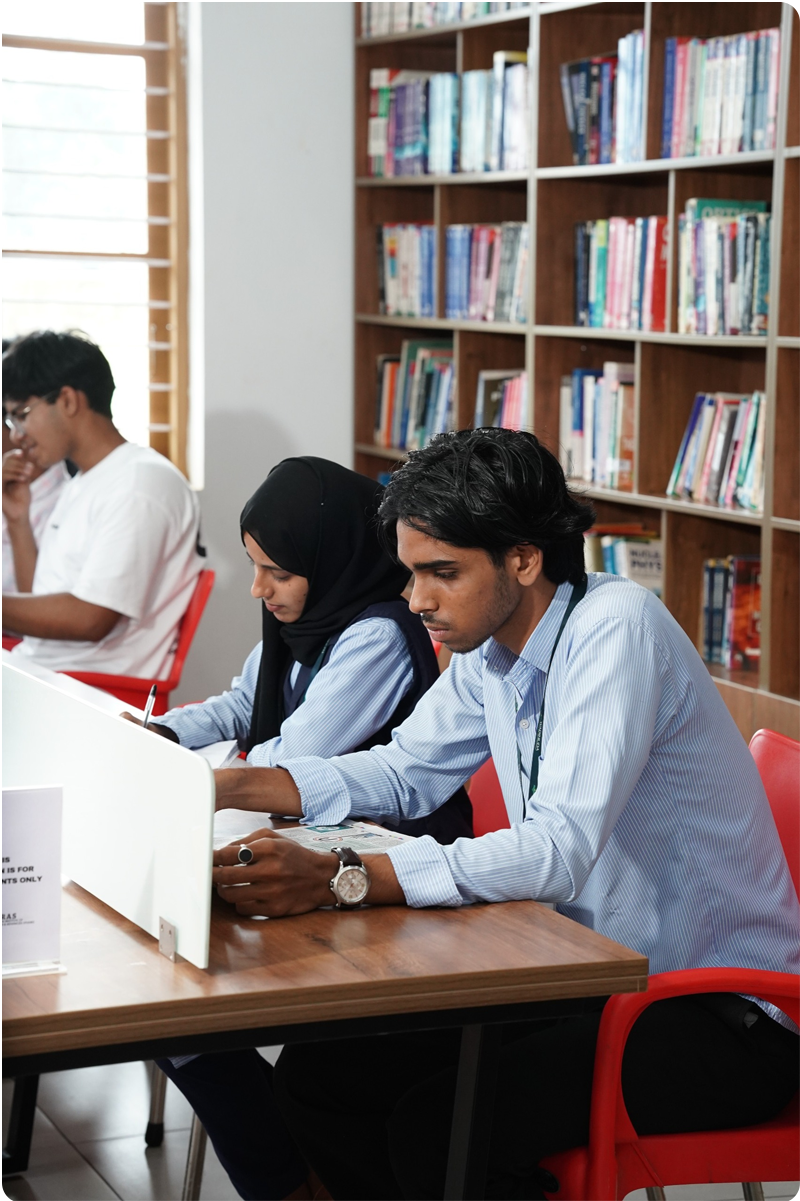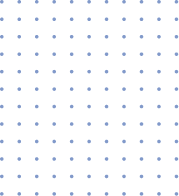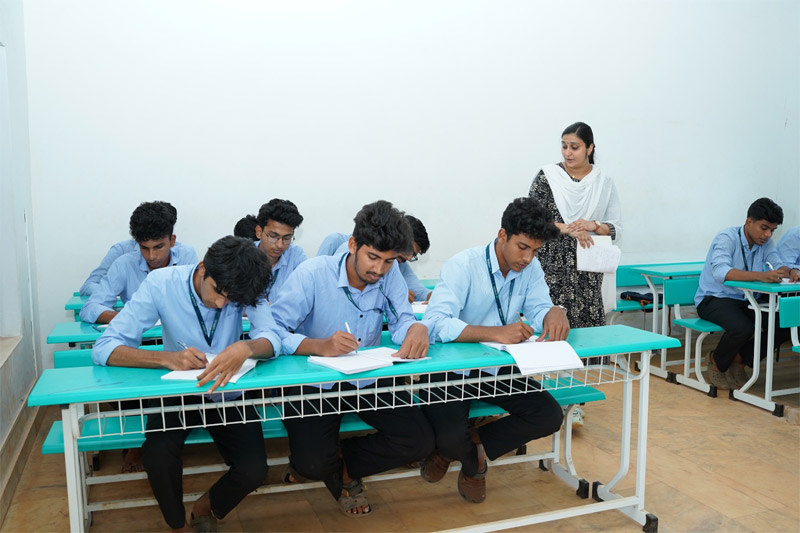




WIRAS offers committed support to prepare its students to meet their academic needs. The remedial practice aims at assuring the students with this support where the students are offered with remedial coaching by the teachers who is bestowed with the responsibility of guiding them. The guidelines have been developed as a means of refining standards and benchmarks for the teaching and learning processes of the institution to strengthen the pedagogy of student-centered learning.

Remedial Coaching is to be organized at Undergraduate / Postgraduate level with a view to
WIRAS has setup a structured mentoring system between the faculties (mentors) and students (mentees) to achieve academic as well as intellectual goals. The students are equally distributed to the teaching faculty of the institute. The teacher concerned is expected to guide, advice, support and council the group of students either collectively or individually whenever and wherever necessary. Through this system, mentors are able to build a personal relationship with mentees that helps them to understand the aspirations, strengths, and weaknesses of the mentees.
